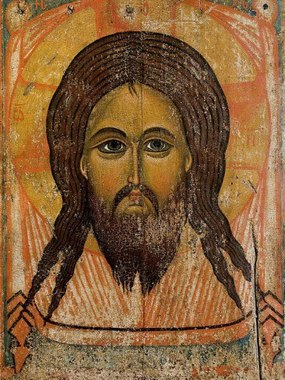“I do not want to live on as a shadow of myself” and “I also don’t want to be sent off to a nursing home … If I have to decide myself, please abide by my wish” or “How much longer will my life be liveable in dignity?”
Such are the thoughts of a Catholic priest and theologian, Father Hans Kung, now 85. If you don’t remember the protagonist here, let me remind you. Father Kung is famous for his relentless agitation for ecclesial reform, even it may be said reduction. With all the reforms and renewal happening following the Second Vatican Council, where this Swiss priest theologian was an adviser/expert arguing for a decentralized church authority, a married priesthood and contraception and abortion etc. The Church did not adopt these ideas. Since 1960, Kung has been a professor at Tubingen but he taught there without a license to teach Catholic theology since 1979. But as John Paul said, he didn’t remove Kung’s baptism. It was Kung, as you may remember, got the young theologian named Joseph Ratzinger his first job teaching. Soon after being elected the Roman Pontiff, Pope Benedict invited Father Kung to dinner.
A friend posted a disturbing story of Kung thinking about ending his life. I am shocked that a Catholic priest would consider such. I can’t help but be sad for Kung and others who believe suicide is a dignified way to go to the next life. Here is the article that talks about Father Kung’s consideration of suicide.
This a long way of saying that the issues of euthanasia and the people considering this way of living and ultimately dying.
The Telegraph’s writer Tim Stanley wrote about a distressing embrace of euthanasia in an article “Door-to-door death units: Belgium and Holland abandon humanity as they embrace euthanasia.”
Stanley’s article is worth reading in detail and is provide you some grist for the mill of prayer today. He paints an ever crisis of being human, and the beauty of living. Stanley many of the fears people face when considering suicide as a reasonable option. Though living is not easy for some people.
Despair is real; depression and addiction is a crisis of the separation from reality as it is given. There is a fundamental recognition of need to live with dignity in each person; there is a capacity in each to love and to be loved; to be in relationship with others and with God. That is, we are hardwired to live in community with more than just the self. But suicide rejects this dignity and become encounter with selfishness and hopelessness; it rejects the fullest sense of freedom.
We are now seeing a growing trend of people voting in favor of euthanasia. It is now legal in countries like Belgium, Switzerland , the Netherlands, Luxembourg and four states in the United States of America. Connecticut and Massachusetts are among the states who have already proposed making assisted suicide legal. The desire for acting in favor of death is being entertained more and more. We are now facing squarely the fruit of the philosophy of nihilism now so linked to secularism and its standard of judgement.

